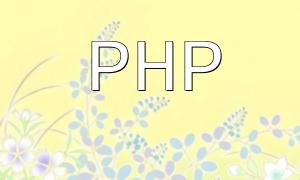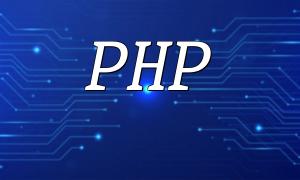In today's fast-evolving internet era, many popular technologies and frameworks have emerged in the field of web development. JSP (Java Server Pages) and PHP (Hypertext Preprocessor) are two widely used dynamic web development technologies. This article explores the integration of JSP and PHP, analyzing their advantages and disadvantages to help developers choose the most suitable technical solutions.
JSP is a Java-based platform developed by Sun Microsystems. It allows developers to embed Java code in HTML to dynamically generate web content. PHP, on the other hand, is an open-source scripting language specifically designed for web development. It can be embedded in HTML to create interactive web pages.
The advantage of JSP lies in its powerful Java ecosystem, which seamlessly integrates with Java EE technologies and is widely used in large enterprise applications. The strength of PHP lies in its simplicity, ease of learning, and ease of deployment, making it suitable for rapidly developing small websites and web applications.
In some scenarios, developers may need to combine JSP and PHP to leverage the strengths of both technologies. Some typical scenarios include:
JSP and PHP integration can be achieved through the following methods:
By creating RESTful or SOAP web services, JSP and PHP can exchange data across different servers. PHP can call services generated by JSP and vice versa. This flexibility allows the two technologies to work together seamlessly.
Both JSP and PHP can access the same database. As long as the database is well-designed and data consistency is maintained, the two technologies can work together. JSP can handle data processing and business logic layers, while PHP can serve as the user interface layer.
Although JSP and PHP differ in their technology stacks and use cases, proper integration can maximize the advantages of both. Developers should choose the best integration method based on specific project needs and budget. When selecting JSP or PHP, factors like cost, performance, and maintainability should be thoroughly considered to ensure successful project implementation.
Whether learning JSP, PHP, or exploring their integration, practice remains key to improving technical skills. We hope this article provides valuable insights into the integration of JSP and PHP for your projects.









